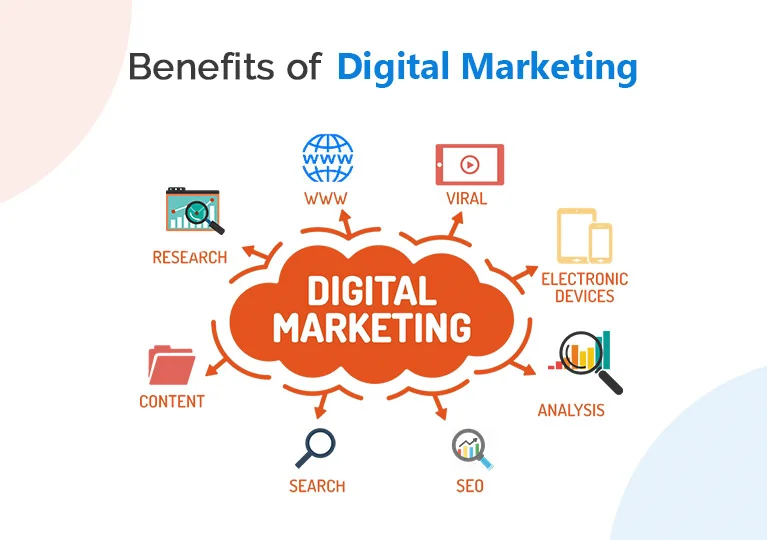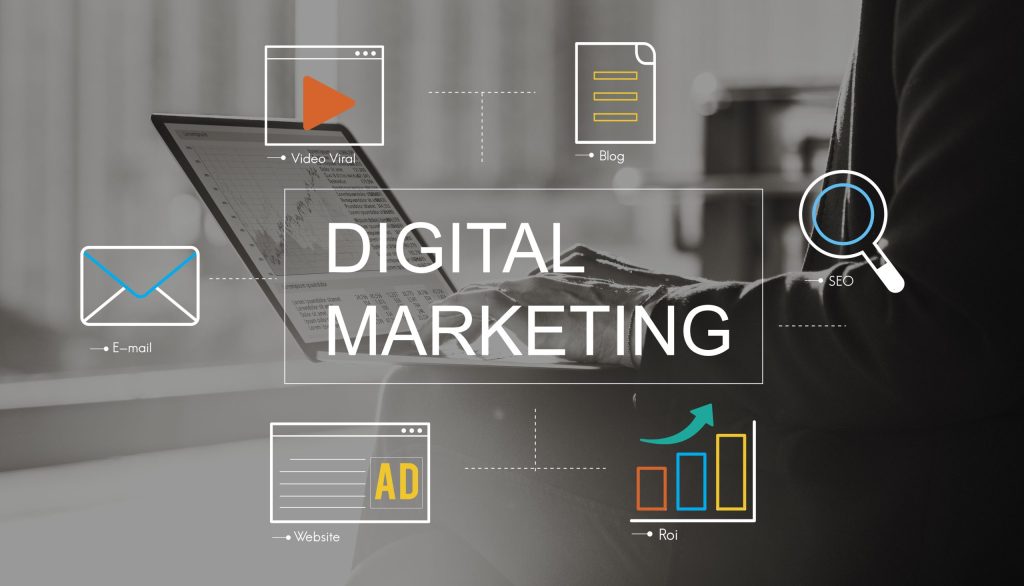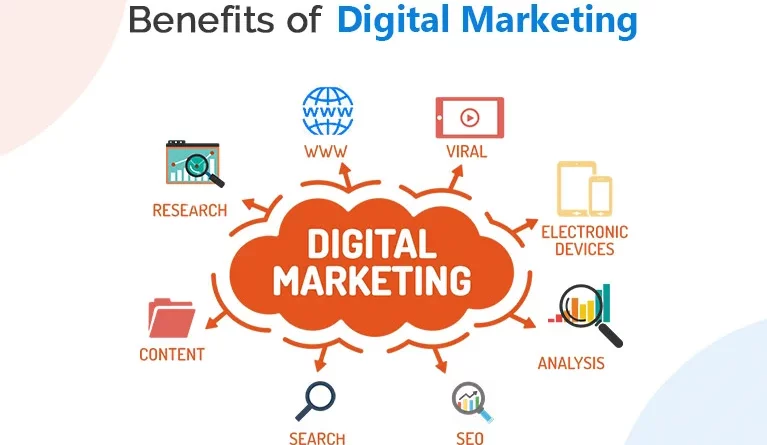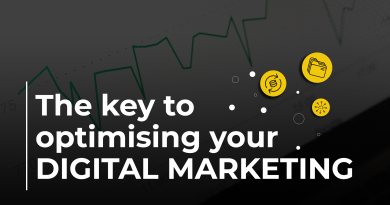Demystifying the Diverse Subjects of Digital Marketing: A Comprehensive Guide
In today’s hyperconnected world, digital marketing has emerged as an indispensable tool for businesses of all sizes to thrive in the online realm. This multifaceted discipline encompasses a wide range of specialized subjects, each contributing to the overall success of a digital marketing strategy. Understanding these subjects is crucial for anyone seeking to navigate the ever-evolving landscape of digital marketing and achieve their marketing goals.

1. Search Engine Optimization (SEO)
SEO stands at the heart of digital marketing, ensuring that websites rank higher in search engine results pages (SERPs). By optimizing website content, structure, and off-page signals, SEO specialists help businesses attract organic traffic, drive conversions, and establish a strong online presence.
2. Social Media Marketing
Social media platforms have become powerful channels for connecting with audiences, building brand awareness, and fostering customer relationships. Social media marketers develop and execute engaging content strategies, manage social media accounts, and analyze campaign performance to maximize the impact of social media marketing efforts.
3. Content Marketing
Content marketing is the art of creating and distributing valuable, relevant, and consistent content to attract and retain a clearly defined audience. Content marketers craft compelling blog posts, articles, infographics, videos, and other forms of content to educate, entertain, and inspire potential customers, establishing thought leadership and driving conversions.
4. Email Marketing
Email marketing remains a potent tool for nurturing leads, promoting products or services, and building customer relationships. Email marketers create targeted email campaigns, segment audiences based on preferences, and track campaign performance to ensure emails land in the right inboxes and deliver the desired results.
5. Pay-Per-Click (PPC) Advertising
PPC advertising allows businesses to reach a wider audience and drive targeted traffic to their websites by paying for ads on search engines, social media platforms, and other websites. PPC specialists manage PPC campaigns, set relevant keywords, and optimize ad spend to achieve maximum ROI.
6. Analytics and Data-Driven Marketing
Data is the lifeblood of digital marketing, providing valuable insights into customer behavior, campaign performance, and website traffic. Analytics experts collect, analyze, and interpret data from various sources to inform decision-making, optimize strategies, and measure the success of digital marketing initiatives.
7. Conversion Rate Optimization (CRO)
CRO focuses on improving the percentage of visitors who take a desired action, such as making a purchase or signing up for a newsletter. CRO specialists identify and address website usability issues, optimize landing pages, and A/B test different elements to enhance user experience and boost conversions.
8. Mobile Marketing
With the increasing prevalence of smartphones and mobile devices, mobile marketing has become essential for reaching and engaging customers on the go. Mobile marketers develop mobile-friendly websites, create targeted mobile ad campaigns, and optimize user experience for mobile platforms.
9. Influencer Marketing
Influencer marketing involves partnering with individuals who have a large and engaged following on social media or other platforms to promote products or services. Influencer marketers identify and collaborate with relevant influencers, develop engaging campaigns, and track the impact of influencer marketing initiatives.
10. Reputation Management
Managing online reputation is crucial for building brand trust and maintaining a positive image. Reputation managers monitor online mentions, address negative reviews, and respond promptly to customer concerns to protect and enhance brand reputation.
11. Emerging Technologies in Digital Marketing
The digital landscape is constantly evolving, with new technologies emerging that are transforming the way businesses connect with customers. Digital marketing professionals must stay abreast of emerging trends, such as artificial intelligence (AI), voice search, augmented reality (AR), and virtual reality (VR), to adapt their strategies and leverage these technologies effectively.

Conclusion
The subjects of digital marketing are vast and interconnected, each playing a vital role in the overall success of digital marketing campaigns. By understanding these subjects and developing expertise in specific areas, individuals can navigate the dynamic digital landscape, drive business growth, and achieve their marketing goals. Remember, continuous learning and adaptation are key to staying ahead of the curve and thriving in the ever-evolving world of digital marketing.



